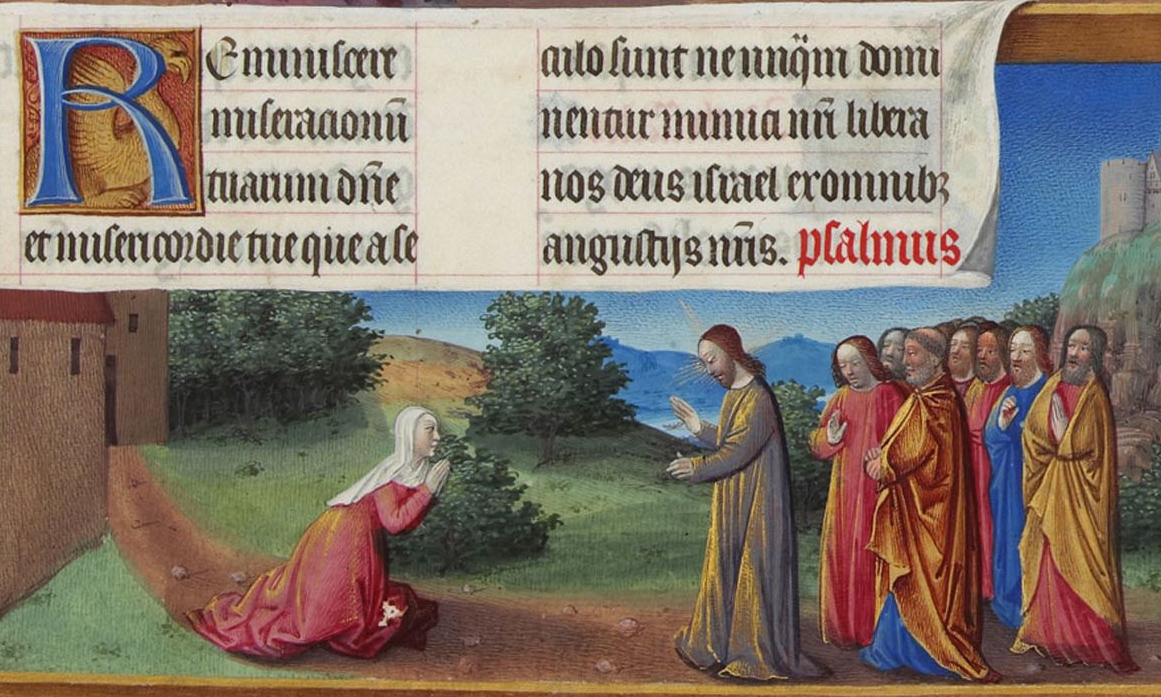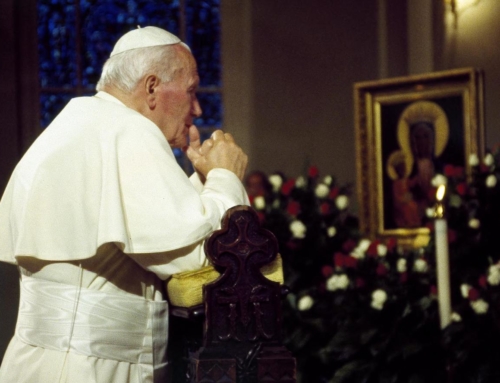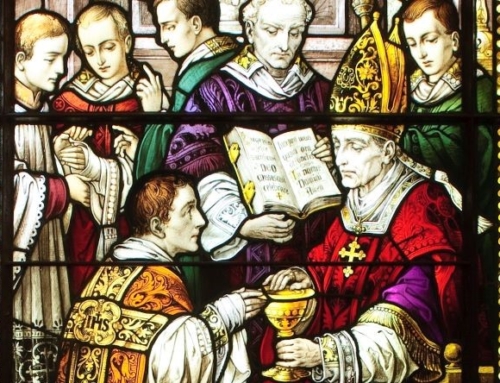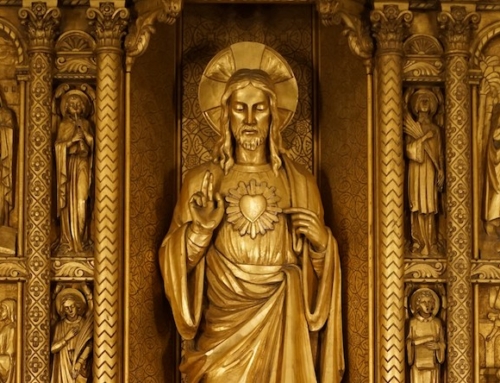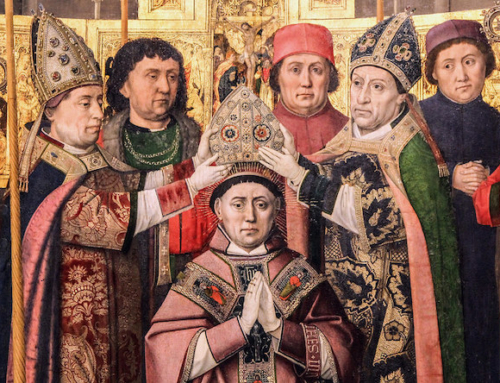About four thousand years ago, God made a promise to Abraham, saying, “I will make of you a great nation, and I will bless you; I will make your name great, so that you will be a blessing” (Gen 12:2). This constituted a unique moment in all of history: God chose one man, Abraham, and spoke to him. The blessings of this promise will come in the form of many wonders and miracles for Abraham’s descendants. But above all, these descendants will become the only nation called by God, a people “peculiarly his own” (Deut 7:6). To no other nation did God so reveal himself, and with no other nation did God establish a covenant.
Two millennia after Christ, do we think about the priority of the children of Abraham? Do St. Paul’s repeated statements of “Jew first and then Greek” (Rom 1:16; 2:9, 10) fall upon deaf ears? Or do we seek to penetrate the mystery of salvation present in these words? St. Paul asks the Romans: “What advantage is there then in being a Jew? Or what is the value of circumcision? Much, in every respect” (Rom 3:1-2). St. Paul elaborates later, “They are Israelites; theirs the adoption, the glory, the covenants, the giving of the law, the worship, and the promises; theirs the patriarchs, and from them, according to the flesh, is the Messiah” (Rom 9:4-5). St. Paul does not forget that many Jews have not believed in Christ, but he insists that God’s promises to them are still open: “The gifts and the call of God are irrevocable” (Rom 11:29).
What about the rest of us? Not having found any Jews in my own genealogy, I presume that I am not a descendant of Abraham. Like most of us, I am a Gentile, a descendant of some other nation, a dog in comparison to the children of Israel, to use Jesus’s words. The promises made to Abraham and his descendants do not apply to me. . . but can they?
This dilemma is put on display in the Gospels. When a Greek Syrophoenician woman, a Gentile, begs Jesus to help her daughter, Jesus dismisses her, “It is not right to take the food of the children and throw it to the dogs,” and, “I was sent only to the lost sheep of the house of Israel” (Mk 7:27 and Mt 15:24). She replies to him, saying famously, “Lord, even the dogs under the table eat the children’s scraps” (Mk 7:28). In other words, she asks, “Surely, Lord, the abundance of your gifts is not exhausted by the children. Could we share what the children do not eat?” Jesus responds, “O woman, great is your faith! Let it be done for you as you wish” (Mt 15:28).
What is the final word? Are the Gentiles granted only the scraps from the table, glorious as those scraps may be? No. Indeed, St. Paul calls it “my insight into the mystery of Christ . . . that the Gentiles are coheirs, members of the same body, and copartners in the promise in Christ Jesus through the gospel” (Eph 3:4, 6). The Lord’s plan for our salvation is not simply to let the children push some scraps off the table to the dogs below. The Good News of Jesus Christ is far more radical: he will grant both Jews and Gentiles the Holy Spirit, adopting the Gentiles into the family the Lord had formed with Israel. He makes them children of Abraham by grafting them onto his body, the Son’s, “and if children, then heirs, heirs of God and joint heirs with Christ” (Rom 8:17). In Jesus Christ, all can become children of Abraham, heirs of that same glorious promise. “Salvation is from the Jews,” Jesus said to the Samaritan woman (Jn 4:22). And Jesus Christ, the King of the Jews, has been made “a light to the nations, that salvation may reach to the ends of the earth” (Is 49:6).
✠
Image: Limbourg Brothers, The Canaanite Woman

